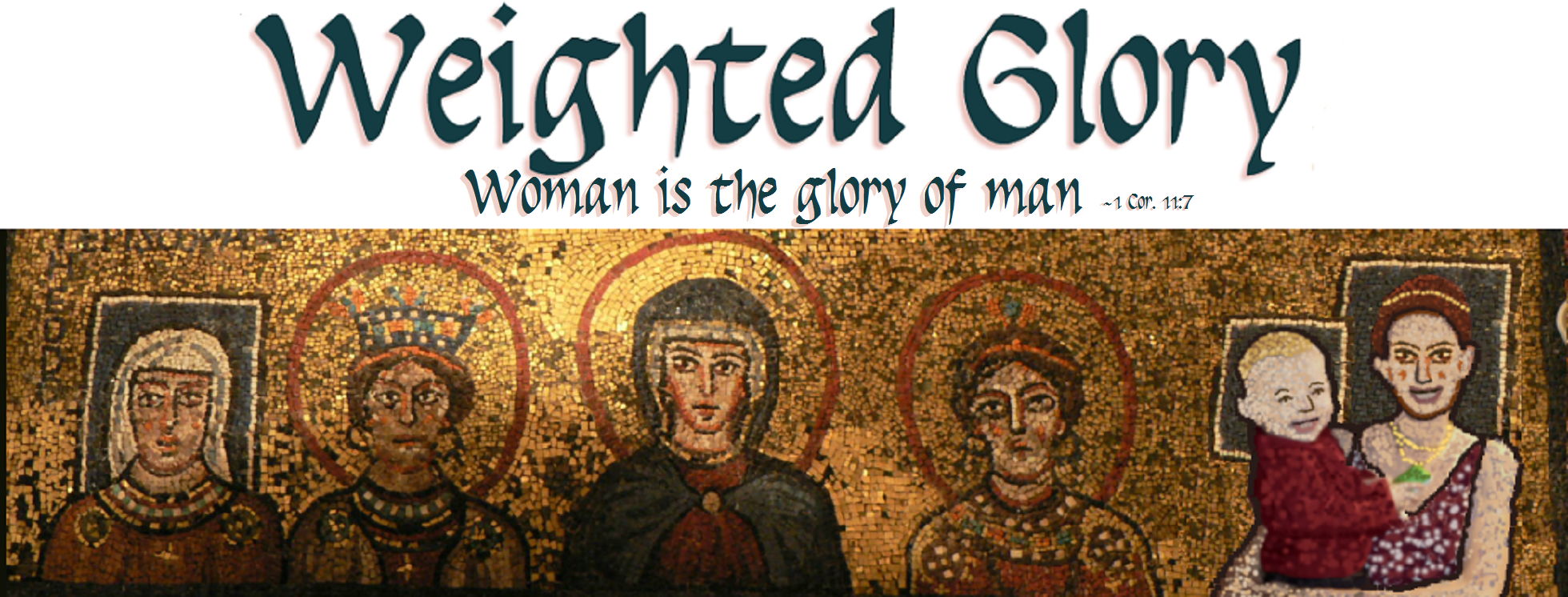One would not expect a conflagration of controversy from the ending of Paul’s epistle to the Romans. The sixteenth chapter lacks the robust theology expounded on in earlier chapters, instead containing a seemingly innocuous list of salutations to local Christians at the church in Rome. Yet controversy is exactly what the modern Church has, with the past two decades witnessing a colossal quarrel consolidating around the tiny seventh verse:
Greet Andronicus and Junia, my fellow Jews who have been in prison with me. They are outstanding among the apostles, and they were in Christ before I was. (NIV)
In some sense, all biblical teachings on the role of women in ministry seem to hang on this passage, for if a woman was serving in the highest office known to the New Testament church, what rationale can there be for preventing women from serving as pastors and elders today? [1]
While there is some question of interpretation of the passage (what did Paul mean by “apostles”?), there should be little controversy when it comes to actual translation of Romans 16:7. The Greek is straightforward (recent minority protests by partisan evangelical scholars notwithstanding [2]), so straightforward that the confirmed early patristic commentators and translators were unanimous in clarifying that the passage referred to a woman named Junia who was, in some sense, an apostle (this in spite of the fact that none could be said to be advocates of the ordination of women apart from women deacons, and most had harsh things to say about women elsewhere in their writings [3]). This differs markedly from passages like Romans 16:1-2 and 1 Timothy 3:11, where even among patristic commentators, there was vigorous debate as to whether the verses in question refer to female deacons. Yet controversy on Romans 16:7 persists, not because the passage demands it, but because people who don’t want to ordain women demand it and continue to manufacture controversy where there should be none. Rather than translating Scripture accurately and allowing Scripture to drive theology, they have allowed a bias against women to drive their translations of Scripture.
Most unfortunately, evangelicals who ought to know better are disseminating misinformation to the masses. These are people whom Christians trust to parse these issues into layman’s terms with fairness and accuracy, but instead, they continue to mislead the people who have put their trust in them. I am personally loath to accuse fellow evangelicals of sophistry, but the longer these individuals persist in repeating the same debunked arguments, and the longer they preach fabricated data points as fact, the harder it gets to say, “You must be sincerely mistaken.” Egalitarian scholars have been diligent and longsuffering in vanquishing these attacks on Scripture, but, just when we think our work is done, the specter of man-Junia (and other refuted arguments) is necromanced from oblivion and shuffles, zombie-like, across message boards, Facebook comments, and Twitter feeds.
Consider this series an exercise in slaying the zombie horde, in a form that is free and accessible to non-academics. Ain’t nobody got time to pore through commentary on Junia in Latin and German, so I’ve done it for you. While I already created a somewhat polemical super-post on Junia, this series will break down and refute anti-Junia arguments piece by piece, and in greater detail. And, since I am very much interested in fairness and accuracy, in those rare cases where I think an anti-Junia argument has even a little bit of merit, I will say so.
Note that, while it predates a few recent developments on Junia and contains a small number of errors (which I’ll address in my series), Eldon Jay Epp’s 2007 Junia: The First Woman Apostle remains the most expansive and accurate scholarly work on Romans 16:7. It’s available on Amazon for $15.20 (Kindle Edition) or $16.00 (Paperback Edition) and it should be read by anyone with serious interest in this topic, whether one supports the ordination of women or not.
I. The Junia Series – Introduction
II. The Patristic Commentators
- Origen on the Apostle Junia
- Did Origen say Junia Was a Man?
- John Chrysostom on the Apostle Junia
- Rufinus and Jerome on the Apostle Junia
- Ambrosiaster and Theodoret on the Apostle Junia
III. Later Commentators
- Index Discipulorum: A Troubled Witness
IV. Junia: An Apostle Herself, or Just Well-Regarded By Them?
- An Overview of the Burer-Wallace Contention
- Junia and the Island of Tyre
More will be added to the index as the series develops . . .
—–
[1] I actually reject that Romans 16:7 is needed at all to make the case for women’s ordination. Paul says that prophets were “second” to apostles and greater in authority than pastors and teachers (1 Cor. 12:28; cf Eph. 4:11), and we know that women served as prophets in abundance. My main concern in this series is that the passage be translated accurately (with Junia as a woman and an apostle herself) so that readers can draw their own conclusions as to what type of apostle Junia was and whether that has any significance for women’s ordination.
[2] See Daniel B. Wallace and Michael H. Burer, “Was Junia Really an Apostle?: A Reexamination of Rom 16.7,” New Testament Studies 47 (2001): 76-91, as well as Burer, “ἐπίσημοι ἐν τοῖς ἀποστόλοις in Rom 16:7 as ‘Well Known to the Apostles’: Further Defense and New Evidence,” Journal of the Evangelical Theological Society 58.4 (2015): 731-55.
[3] Although John Chrysostom does acknowledge that Euodia and Syntyche in Paul’s epistle to the Philippians were the likely “head” (κεφάλαιον) of the church at Philippi. See Homilies on Philippians 13.





2 Comments on Introducing the Junia Series